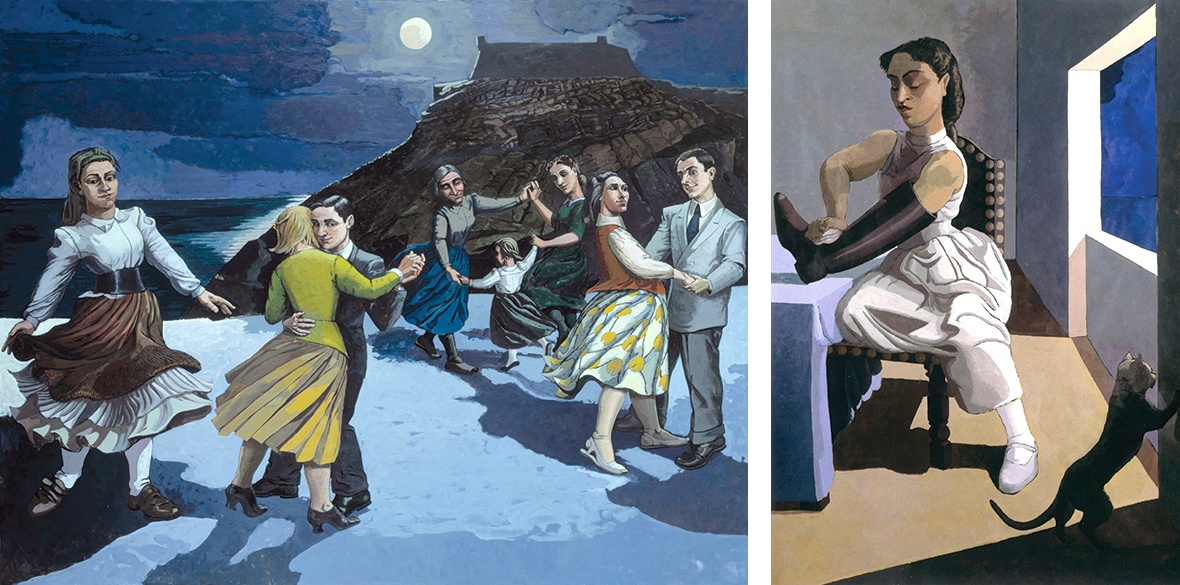This is the last article you can read this month
You can read more article this month
You can read more articles this month
Sorry your limit is up for this month
Reset on:
Please help support the Morning Star by subscribing here
POETRY in Performance: John Cooper Clarke/Mike Garry. I’ve been hooked on Cooper Clarke’s acerbic, melodic and riotously funny poetry since my teens, when he battled a hostile and baffled audience as the support act for Be Bop Deluxe.
Forty-three years later, his performance was as brilliantly shambolic as ever, peppered with jokes blending compassion and comic cruelty with the same energy and panache as his poems.
His obsessions are pop culture, urban decay and the absurdities of the human condition; his influences are rap, the American beats and the wordplay of Roger McGough.
His new poems (The Luckiest Guy Alive, Bed Blocker Blues) are as powerful and affecting as his established “hits” (Evidently Chickentown, Beesley Street).
His support act, Mike Garry, was a revelation. The Mancunium drawl was reminiscent of the headline act, but the style was overtly empathic and the delivery more akin to dramatic monologue than high-velocity stand-up.
Some poems mixed recitation and song. Penny for a Guy drew on his working-class childhood, and Spring Crossings, a devastating indictment of people smuggling, had mythic overtones.
Album: Jackson Browne – Downhill from Everywhere. Browne has never shied away from environmental and social issues. Downhill from Everywhere, his first new album in seven years, is a masterclass in situating personal experience in political engagement.
Poignant and angry, these are songs that deal with the illusion of democracy, the failure of the US justice system and the destruction of the ecosystem. Browne’s examinations of human nature, optimistic and pessimistic, include A Human Touch, which celebrates the power of emotional connection.
Browne is a restless explorer of thought and behaviour, a trenchant social critic and a brilliant musician. For an artist in his early seventies, his voice has held up magnificently.
Exhibition: Paula Rego at Tate Britain. The Tate’s Rego retrospective prompted my first visit to a gallery since the onset of Covid. Comprehensive but accessible, the exhibition tracked Rego’s development, highlighting the influence of her Portuguese childhood, engagement with politics, fascination with the erotic and obsessive interest in myth, fable and dream.
Her images are sometimes unsettling, often ambiguous, and always striking. Their subject matter is violence, torture, fantasy, fetishism, emotion, sexual betrayal and the pain of abortion.
Many of these on the same canvas. Highlights include the moonlit dreamscape of The Dance (1988), inspired by her husband’s death; Interrogation (1950), painted as a 15-year-old growing up under Portugal’s Salazar dictatorship; and Possession I-VIII (2004) an exploration of the artist’s mental health through reinterpretations of 19th-century depictions of female “hysteria.”
The exhibition featured seven decades of work highlighting Rego’s honesty, bravery, invention and ability to use experience, tradition and dream to load visual images with complex thought-provoking narratives.
Radio drama: Welcome to MedPatch, by Kevin Core, BBC Radio 4 (available on BBC iPlayer at: https://www.bbc.co.uk/programmes/m000s2kl). A provocative and disturbing thriller set in the very near future.
The NHS is gone, doctors are redundant and public health is delivered via an AI-based app. Jenna, a former doctor now working in a medical call centre, starts to sabotage the system by intervening in the cases she encounters.
Playwright Kevin Core explores the value of human expertise, the limitations of both human judgement and AI, and the deleterious influence of corporate power in healthcare. A thoughtful and entertaining thriller, in which the weight of information never derails the drama.
Anthology: The American Way, edited by Orsola Casagrande and Ra Page. The book adopts Comma Press’s trademark strategy of pairing storytellers with academics and journalists to navigate the maze of US foreign policy since WWII.
It tackles 20 examples of US belligerence, overt and covert, beginning in 1953 with the CIA-supported coup that brought down Iran’s popular Mossadegh government and ending with drone warfare in Pakistan, in the period 2008-16.
Hassan Blasim’s Babylon is a highlight: this tale of culture and inhumanity, of stories within a story, builds into a searing indictment of the US invasion of Iraq in 2004. It is followed by an incisive and damning essay by Chris Hedges, which adds another dimension to our understanding of “the sordid machinery of torture.”










